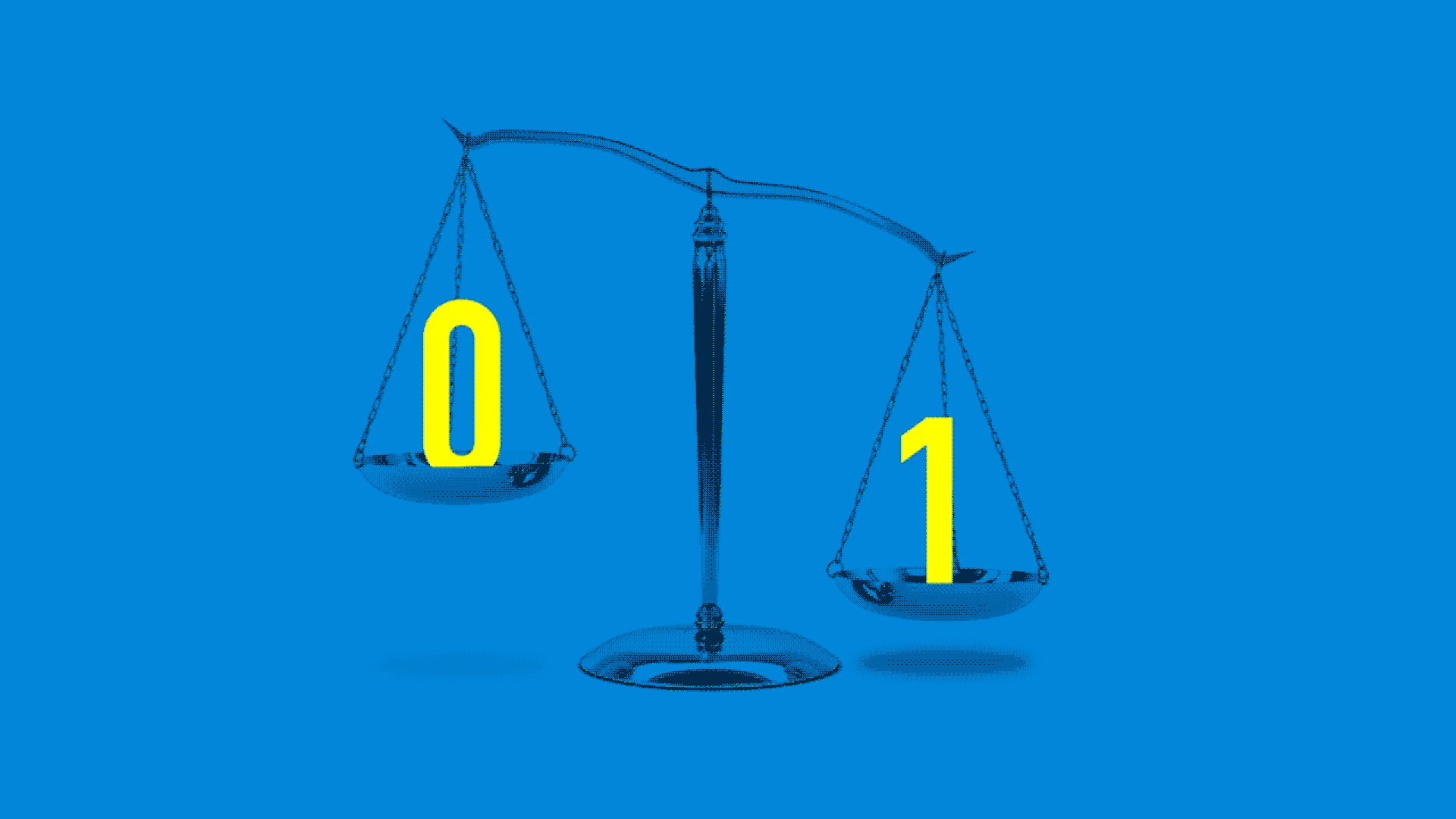Illustration: Lazaro Gamio/Axios
The overnight success of ChatGPT kicks off a tech industry race to integrate AI into everyday products and decision-making with little government oversight.
why is it important: ChatGPT’s uncanny ability to spit out stories, articles and recipes is heating up AI awareness and concerns, but there’s almost no effective US regulation of the technology in place, making fear that it promotes prejudice, misinformation, fraud and hatred.
What they say : “We can harness and regulate AI to create a more utopian society or risk unchecked and unregulated AI pushing us into a more dystopian future,” said Rep. Ted Lieu (D-Calif.), who recommends create a government agency to oversee AI, wrote in a New York Times op-ed last week.
US lawmakers have been talking about the promises and perils of AI for many years. But as with previous waves of technological innovation, the speed of bringing products to market has far exceeded the government’s willingness to regulate.
- For every leader like Lieu pushing for fast and strong AI rules, there’s another warning that premature regulation could stifle progress and limit American efforts to compete with China and other rivals.
State of play: “It’s a patchwork system [of AI regulation] in the United States,” with transparency and AI discrimination prevention laws at the state level, but only early action at the federal level, Jessica Newman, who leads the United States Safety Initiative ‘AI at UC Berkeley’s Long Term Cybersecurity Center, Axios said.
- “I still think there’s a long way to go, and I’d like to see more comprehensive federal AI regulation,” Newman said.
What is happening: In Congress, lawmakers have proposed regulations on the use of facial recognition and other AI applications.
- The White House has an AI research office and has released an AI rights bill.
- The Federal Trade Commission, Equal Employment Opportunity Commission, and other federal agencies have begun proposing new rules on the use of AI.
Driving the news: This week, the National Institutes for Science and Technology, part of the Department of Commerce, released a long-awaited AI framework, intended to give businesses guidance on using, designing or deploying AI systems. AI.
- The framework should “accelerate AI innovation and growth while advancing — rather than restricting or undermining — civil rights, civil liberties, and equity for all,” the assistant secretary said this week. to Commerce, Don Graves.
Yes, but: The framework is voluntary and companies incur no consequences if they deviate from it.
- The hope is that eventual AI rules will learn from the framework, Chandler Morse, vice president of corporate affairs at Workday, an enterprise cloud technology company, told Axios.
- “This is going to have a major impact in future conversations about AI governance and the regulatory landscape,” he said. “ChatGPT kind of elevated the conversation…there’s a recognition of the look, we need to put as much paint on the canvas as possible.”
The other side: “Government shouldn’t be in the business of making very fine-grained laws or regulations because things are changing very, very quickly,” said Sridhar Ramaswamy, founder of ad-free search engine Neeva, which has its own search program. generative text for search results. , says Axios.
- “I find it hard to say that regulation is going to be helpful when it comes to AI in the short term… That’s not to say that existing laws shouldn’t be applied to people using these models unfairly” , did he declare. said.
Meanwhile: Across the Atlantic, European Union regulators approved the Artificial Intelligence Regulation Act last December, with the European Parliament expected to vote this spring and pass it by the end from 2023. The sweeping regulations will also apply to companies outside the EU, with fines for non-compliance of up to €30 million.
- “The difference between Europe and the United States is that when Europe decides to regulate something, it can actually do it,” Morse said.
- The United States and the European Union on Friday signed an agreement to collaborate on “responsible progress” in the field of AI.
- China adopted rules targeting algorithmic recommendations last March.
What to watch: It’s possible that ChatGPT’s rapid adoption will push regulators to act faster on AI rules, but such efforts run into political hurdles and practical hurdles, as there are so many different uses for it. ‘IA.
- The Federal Trade Commission is creating new rules regarding commercial oversight and data security that will govern any company that develops and deploys AI systems. Individual states such as Massachusetts are also considering legislation, according to CBS News.
- With split-party control of Congress, few expect a bipartisan breakthrough on a new federal AI law.

